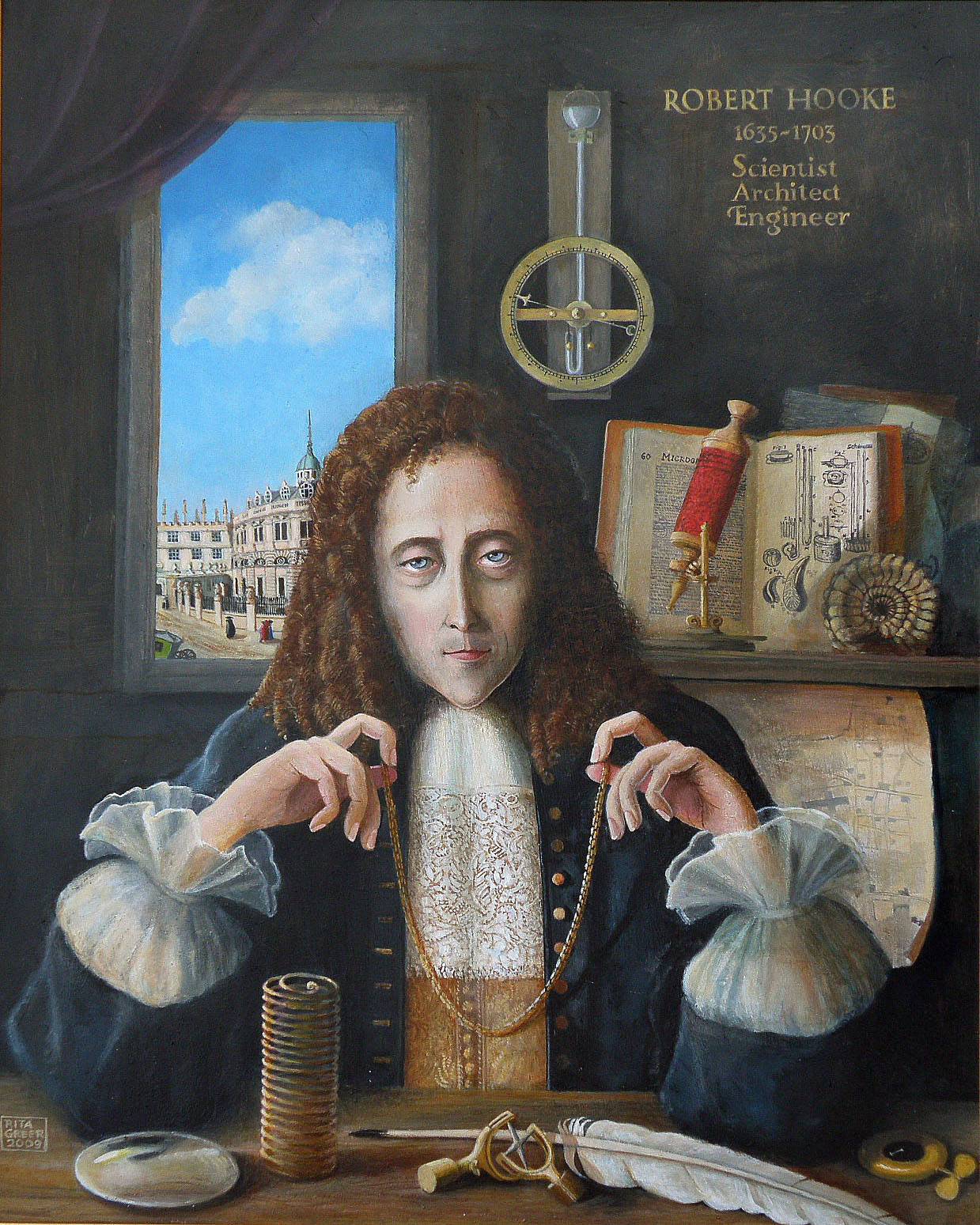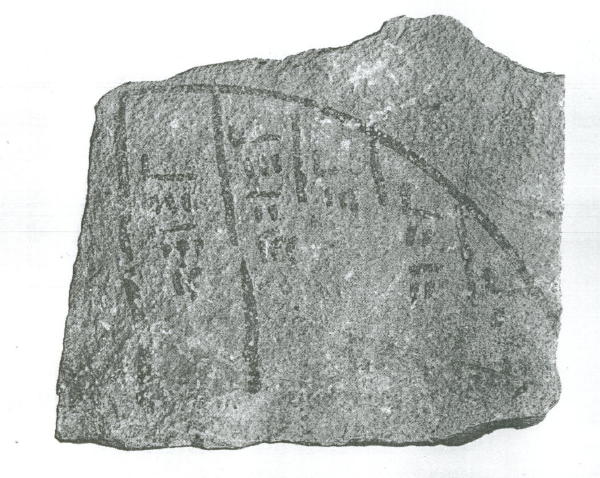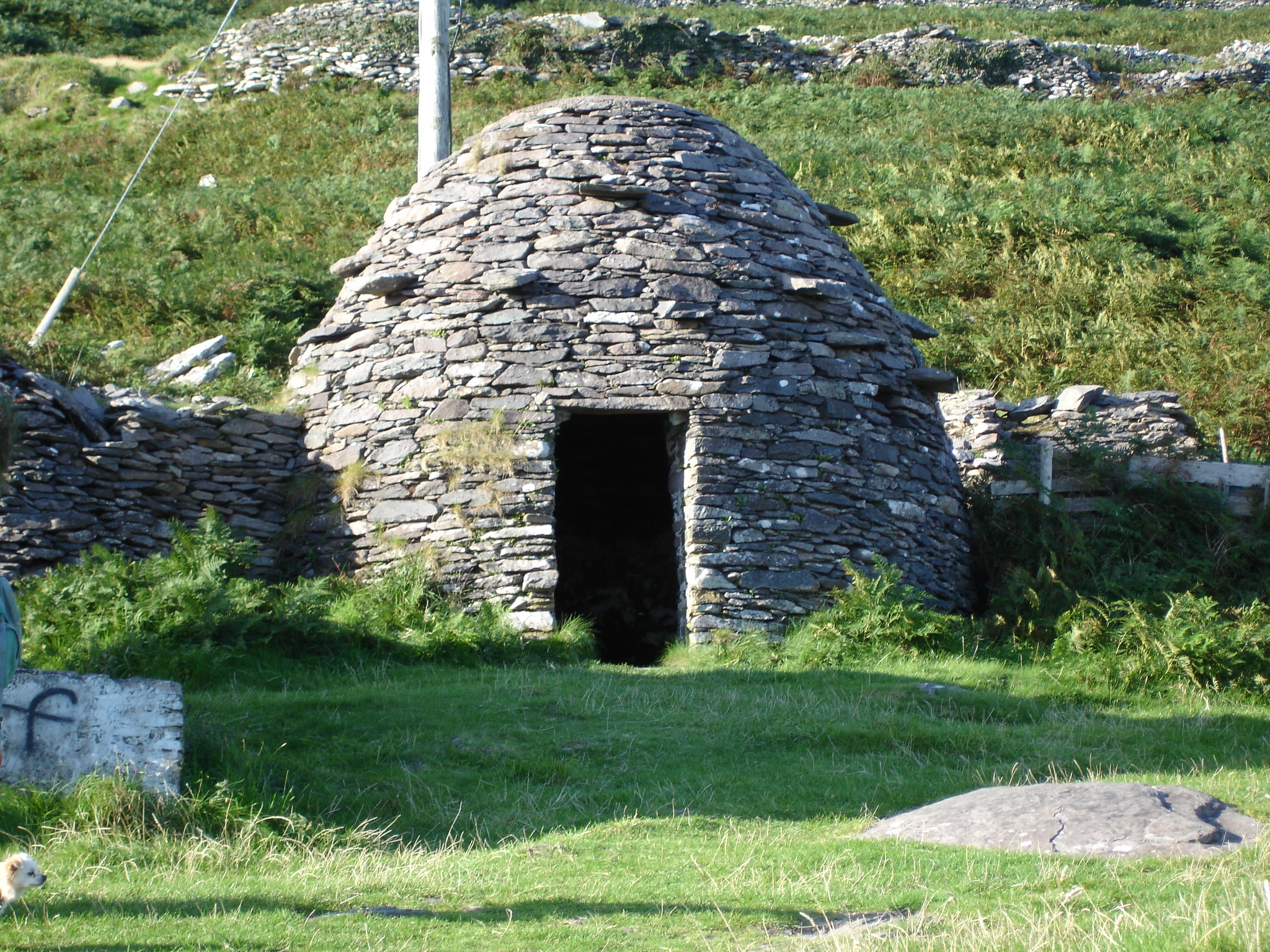catenary arch on:
[Wikipedia]
[Google]
[Amazon]
A catenary arch is a type of
 The 17th-century scientist
The 17th-century scientist
 The curves close in shape to catenary were used in arches of
The curves close in shape to catenary were used in arches of
The Secrets of the Florentine Dome
accessdate: January 25, 2017 *
 Rainbow Natural Bridge in the U.S. state of
Rainbow Natural Bridge in the U.S. state of
 Marquette Plaza in
Marquette Plaza in

 The Rice House has catenary arches.
The Rice House has catenary arches.
The use of the catenary arch in architecture
A few catenary arches
An experiment
A youtube, all about catenary arches
A second youtube
a youtube on building a catenary arch
Another youtube
Arches and vaults Architectural history
architectural
Architecture is the art and technique of designing and building, as distinguished from the skills associated with construction. It is both the process and the product of sketching, conceiving, planning, designing, and construction, constructi ...
arch that follows an inverted catenary curve. The catenary curve has been employed in buildings since ancient times. It forms an underlying principle to the overall system of vaults and buttress
A buttress is an architectural structure built against or projecting from a wall which serves to support or reinforce the wall. Buttresses are fairly common on more ancient (typically Gothic) buildings, as a means of providing support to act ...
es in stone vaulted Gothic cathedral
A cathedral is a church (building), church that contains the of a bishop, thus serving as the central church of a diocese, Annual conferences within Methodism, conference, or episcopate. Churches with the function of "cathedral" are usually s ...
s and in Renaissance
The Renaissance ( , ) is a Periodization, period of history and a European cultural movement covering the 15th and 16th centuries. It marked the transition from the Middle Ages to modernity and was characterized by an effort to revive and sur ...
dome
A dome () is an architectural element similar to the hollow upper half of a sphere. There is significant overlap with the term cupola, which may also refer to a dome or a structure on top of a dome. The precise definition of a dome has been a m ...
s. It is not a parabolic arch, although the non- circumferential curves used in arch designs (parabola, catenary, and weighted catenary) look similar, and match at shallow profiles, so a catenary is often misclassified as a parabola (per Galileo
Galileo di Vincenzo Bonaiuti de' Galilei (15 February 1564 – 8 January 1642), commonly referred to as Galileo Galilei ( , , ) or mononymously as Galileo, was an Italian astronomer, physicist and engineer, sometimes described as a poly ...
, "the angingchain fits its parabola almost perfectly").
In history
Robert Hooke
Robert Hooke (; 18 July 16353 March 1703) was an English polymath who was active as a physicist ("natural philosopher"), astronomer, geologist, meteorologist, and architect. He is credited as one of the first scientists to investigate living ...
wrote: "''Ut pendet continuum flexile, sic stabit contiguum rigidum inversum''", or, "As hangs a flexible cable so, inverted, stand the touching pieces of an arch."
A note written by Thomas Jefferson
Thomas Jefferson (, 1743July 4, 1826) was an American Founding Fathers of the United States, Founding Father and the third president of the United States from 1801 to 1809. He was the primary author of the United States Declaration of Indepe ...
in 1788 reads, "I have lately received from Italy a treatise on the equilibrium of arches, by the Abbé Mascheroni. It appears to be a very scientific work. I have not yet had time to engage in it; but I find that the conclusions of his demonstrations are, that every part of the catenary
In physics and geometry, a catenary ( , ) is the curve that an idealized hanging chain or wire rope, cable assumes under its own weight when supported only at its ends in a uniform gravitational field.
The catenary curve has a U-like shape, ...
is in perfect equilibrium".
Structural properties
Architecturally, a catenary arch has the ability to withstand the weight of the material from which it is constructed, without collapsing. For an arch of uniform density and thickness, supporting only its own weight, the catenary is the ideal curve. Catenary arches are strong because they redirect the vertical force of gravity into compression forces pressing along the arch's curve. In a uniformly loaded catenary arch, the line of thrust runs through its center. This principle has been employed architecturally to create arched structures that follow exactly, and in a visibly apparent way, the form of an inverted catenary. A significant early example of this is the arch ofTaq Kasra
Tāq Kasrā (), also transcribed as ''Taq-i Kisra'' or ''Taq-e Kesra'' (, romanized: ''tâğe kasrâ'') or Ayvān-e Kesrā (, meaning Iwan of Khosrow) are the remains of a Sasanian-era Persian monument, dated to c. the 3rd to 6th centuries, wh ...
. The catenary, spun 180 degrees, forms the structure of simple domed building such as the beehive homes of the Dingle Peninsula, Ireland.
The principle of the catenary is also the underlying factor in the much more complex architectural systems of the Medieval and Renaissance architecture. Buildings that have heavy roofs that are arched in shape and deliver a strong outward thrust must comply with the form of the catenary curve in order not to collapse. This does not imply that the arches themselves are catenary in form, but that the total system of walls or buttresses that support the roof or dome contain a catenary curve, which delivers the downward thrust.
In the 15th century Brunelleschi
Filippo di ser Brunellesco di Lippo Lapi (1377 – 15 April 1446), commonly known as Filippo Brunelleschi ( ; ) and also nicknamed Pippo by Leon Battista Alberti, was an Italian architect, designer, goldsmith and sculptor. He is considered to ...
designed the pointed, octagonal, Gothic dome on Florence Cathedral
Florence Cathedral (), formally the Cathedral of Saint Mary of the Flower ( ), is the cathedral of the Catholic Archdiocese of Florence in Florence, Italy. Commenced in 1296 in the Gothic style to a design of Arnolfo di Cambio and completed b ...
in a manner that utilised the principle of the catenary arch. In the 17th century, Christopher Wren
Sir Christopher Wren FRS (; – ) was an English architect, astronomer, mathematician and physicist who was one of the most highly acclaimed architects in the history of England. Known for his work in the English Baroque style, he was ac ...
designed the dome of St Paul's Cathedral
St Paul's Cathedral, formally the Cathedral Church of St Paul the Apostle, is an Anglican cathedral in London, England, the seat of the Bishop of London. The cathedral serves as the mother church of the Diocese of London in the Church of Engl ...
based directly on a catenary curve. The vaulted roof and buttresses of Kings College Chapel, Cambridge, have been discovered to comply with the formula of the catenary arch.
Examples
The classification of non-circumferential curves in actual arches is hard. González et al. provide an example of (well-studied) Palau Güell, where researchers do not agree on classification of the arches or claim the prominence of parabolic arches, while the accurate measurements show that just two of the 23 arches designed by Gaudi are actually parabolic.Ancient arches
 The curves close in shape to catenary were used in arches of
The curves close in shape to catenary were used in arches of Ramesseum
The Ramesseum is the Temples of a Million years, memorial temple (or mortuary temple) of Pharaoh Ramesses II ("Ramesses the Great", also spelled "Ramses" and "Rameses"). It is located in the Theban Necropolis in Upper Egypt, on the west of the Ni ...
(13th century BC
The 13th century BC was the period from 1300 to 1201 BC.
The world in the 13th century BC
Events Asia
* c. 1300–1046 BC: in China, the Shang dynasty flourishes as it settles its capital, Yin, near Anyang. Chinese settlers swarm in compa ...
) and Arch of Ctesiphon ( 6th century AD).
The unfinished Saqqara ostracon has a catenary shape.
Cathedrals and churches
* King’s College Chapel, inCambridge, England
Cambridge ( ) is a city and non-metropolitan district in the county of Cambridgeshire, England. It is the county town of Cambridgeshire and is located on the River Cam, north of London. As of the 2021 United Kingdom census, the population of ...
* St Paul's Dome
* Brunelleschi's DomeThe Secrets of the Florentine DomeThe Secrets of the Florentine Dome
accessdate: January 25, 2017 *
Casa Batlló
() is a building in the center of Barcelona, Spain. It was designed by Antoni Gaudí, and is considered one of his masterpieces. A remodel of a previously built house, it was redesigned in 1904 by Gaudí (but the actual construction works hadn't ...
has catenary arches
* Casa Mila, in Barcelona, Spain
Barcelona ( ; ; ) is a city on the northeastern coast of Spain. It is the capital and largest city of the Autonomous communities of Spain, autonomous community of Catalonia, as well as the second-most populous municipality of Spain. With a pop ...
was designed by Antoni Gaudi, who used many catenary arches
* Church of Colònia Güell
Natural arches
 Rainbow Natural Bridge in the U.S. state of
Rainbow Natural Bridge in the U.S. state of Utah
Utah is a landlocked state in the Mountain states, Mountain West subregion of the Western United States. It is one of the Four Corners states, sharing a border with Arizona, Colorado, and New Mexico. It also borders Wyoming to the northea ...
has a natural catenary shape, possibly produced by weathering
Weathering is the deterioration of rocks, soils and minerals (as well as wood and artificial materials) through contact with water, atmospheric gases, sunlight, and biological organisms. It occurs '' in situ'' (on-site, with little or no move ...
in high-stress areas. Kolob Arch and Landscape Arch, also in Utah, have a catenary shape as well.
Human-made arches
TheGateway Arch
The Gateway Arch is a monument in St. Louis, Missouri, United States. Clad in stainless steel and built in the form of a weighted catenary Catenary arch, arch, it is the world's tallest arch and List of tallest buildings in Missouri, Missouri's ...
in the American city of St. Louis
St. Louis ( , sometimes referred to as St. Louis City, Saint Louis or STL) is an independent city in the U.S. state of Missouri. It lies near the confluence of the Mississippi and the Missouri rivers. In 2020, the city proper had a populatio ...
(Missouri
Missouri (''see #Etymology and pronunciation, pronunciation'') is a U.S. state, state in the Midwestern United States, Midwestern region of the United States. Ranking List of U.S. states and territories by area, 21st in land area, it border ...
) is a catenary arch Due to more strength needed at the bottom, the bottom of this arch is wider than the top, so the actual shape is technically a " weighted catenary".
High-rises
 Marquette Plaza in
Marquette Plaza in Minneapolis
Minneapolis is a city in Hennepin County, Minnesota, United States, and its county seat. With a population of 429,954 as of the 2020 United States census, 2020 census, it is the state's List of cities in Minnesota, most populous city. Locat ...
used catenary arches.
Kilns
Kiln
A kiln is a thermally insulated chamber, a type of oven, that produces temperatures sufficient to complete some process, such as hardening, drying, or Chemical Changes, chemical changes. Kilns have been used for millennia to turn objects m ...
s are often designed with catenary arch cross-section
Cross section may refer to:
* Cross section (geometry)
** Cross-sectional views in architecture and engineering 3D
* Cross section (geology)
* Cross section (electronics)
* Radar cross section, measure of detectability
* Cross section (physics)
...
.
Igloos
Igloos
An igloo (Inuit languages: , Inuktitut syllabics (plural: )), also known as a snow house or snow hut, is a type of shelter built of suitable snow.
Although igloos are often associated with all Inuit, they were traditionally used only by the ...
are designed with a catenary arch cross-section. This shape offers an optimal balance between height and diameter, avoiding the risk of collapsing under the weight of compacted snow.
Other architecture
The inside ofBudapest
Budapest is the Capital city, capital and List of cities and towns of Hungary, most populous city of Hungary. It is the List of cities in the European Union by population within city limits, tenth-largest city in the European Union by popul ...
’s Keleti Railway Station forms a catenary arch.
The Nubian ton is a burial vault, of Nubia
Nubia (, Nobiin language, Nobiin: , ) is a region along the Nile river encompassing the area between the confluence of the Blue Nile, Blue and White Nile, White Niles (in Khartoum in central Sudan), and the Cataracts of the Nile, first cataract ...
, For greatest stability, the structure’s cross-section follows a catenary arch.
The beehive homes (clocháns) of Ireland’s Skellig Michael have a cross-section that follows the style of a catenary arch.
Homes
 The Rice House has catenary arches.
The Rice House has catenary arches.
Hotels
The Icehotel in Sweden employs catenary arches.Bridges
A catenary bridge has the form of a catenary arch. One famous example is the An-Lan Bridge, inChina
China, officially the People's Republic of China (PRC), is a country in East Asia. With population of China, a population exceeding 1.4 billion, it is the list of countries by population (United Nations), second-most populous country after ...
.
Monuments
InIraq
Iraq, officially the Republic of Iraq, is a country in West Asia. It is bordered by Saudi Arabia to Iraq–Saudi Arabia border, the south, Turkey to Iraq–Turkey border, the north, Iran to Iran–Iraq border, the east, the Persian Gulf and ...
, the Taq Kasra
Tāq Kasrā (), also transcribed as ''Taq-i Kisra'' or ''Taq-e Kesra'' (, romanized: ''tâğe kasrâ'') or Ayvān-e Kesrā (, meaning Iwan of Khosrow) are the remains of a Sasanian-era Persian monument, dated to c. the 3rd to 6th centuries, wh ...
has the shape of a catenary arch.
Airports
The roof ofWashington Dulles International Airport
Washington Dulles International Airport ( ) – commonly known by its former name of Dulles International Airport, by its airport code of IAD, or simply as Dulles Airport – is an international airport in the Eastern United States, located w ...
is a suspended catenary curve.,
A catenary steel cable system supports the roof of Denver International Airport
Denver International Airport , often referred to by locals as DIA, is an international airport in the Western United States, primarily serving metropolitan Denver, Colorado, as well as the greater Front Range Urban Corridor. At , Effective Ju ...
.
Train stations
New York City
New York, often called New York City (NYC), is the most populous city in the United States, located at the southern tip of New York State on one of the world's largest natural harbors. The city comprises five boroughs, each coextensive w ...
’s Pennsylvania Station has a roof in the form of a catenary arch.
Banks
On theFederal Reserve Bank of Minneapolis
The Federal Reserve Bank of Minneapolis, located in Minneapolis, Minnesota, Minneapolis, Minnesota, in the United States, covers the 9th District of the Federal Reserve, which is made up of Minnesota, Montana, North Dakota, North and South Dakota ...
, the building has been remodeled, but still visible is the catenary arch suspending the original building.
Mud huts
Cameroon
Cameroon, officially the Republic of Cameroon, is a country in Central Africa. It shares boundaries with Nigeria to the west and north, Chad to the northeast, the Central African Republic to the east, and Equatorial Guinea, Gabon, and the R ...
's musgum mud huts have a catenary cross-section.
See also
*Arch bridge
An arch bridge is a bridge with abutments at each end shaped as a curved arch. Arch bridges work by transferring the weight of the bridge and its structural load, loads partially into a horizontal thrust restrained by the abutments at either si ...
* Catenary
In physics and geometry, a catenary ( , ) is the curve that an idealized hanging chain or wire rope, cable assumes under its own weight when supported only at its ends in a uniform gravitational field.
The catenary curve has a U-like shape, ...
* Gothic arch
A pointed arch, ogival arch, or Gothic arch is an arch with a pointed crown meet at an angle at the top of the arch. Also known as a two-centred arch, its form is derived from the intersection of two circles. This architectural element was part ...
* Lancet window
A lancet window is a tall, narrow window with a sharp pointed arch at its top. This arch may or may not be a steep lancet arch (in which the compass centres for drawing the arch fall outside the opening). It acquired the "lancet" name from its rese ...
* Mathematics and architecture
Mathematics and architecture are related, since architecture, mathematics and art, like some other arts, uses mathematics for several reasons. Apart from the mathematics needed when engineering buildings, architects use geometry: to define ...
* Parabolic arch
* Simple suspension bridge
A simple suspension bridge (also rope bridge, swing bridge (in New Zealand), suspended bridge, hanging bridge and catenary bridge) is a primitive type of bridge in which the deck of the bridge lies on two parallel load-bearing cables that ar ...
* Steel catenary riser
References
Sources
* * * * {{cite journal, last=Osserman , first=Robert , title=Mathematics of the Gateway Arch , url=https://www.ams.org/notices/201002/rtx100200220p.pdf , date=February 2010 , journal=Notices of the American Mathematical Society
''Notices of the American Mathematical Society'' is the membership journal of the American Mathematical Society (AMS), published monthly except for the combined June/July issue. The first volume was published in 1953. Each issue of the magazine ...
, issn=0002-9920 , volume=57 , issue=2 , pages=220–229
External links
The use of the catenary arch in architecture
A few catenary arches
An experiment
A youtube, all about catenary arches
A second youtube
a youtube on building a catenary arch
Another youtube
Arches and vaults Architectural history